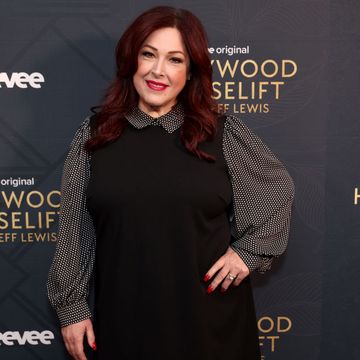Fat shaming sucks. And not just because it's insensitive, mean, and deserving of a swift kick in the shin. It turns out, it's also counterproductive, and leads to weight gain, not loss, according to a new study published in Obesity.
For the study, researchers from the University College London followed 2,944 adults of various weights for four years. About 5 percent of the participants (that breaks down to about 1 percent of "normal weight" participants and an infuriating 36 percent of those classified as "morbidly obese") reported experiencing fat shaming—such as being harassed or treated rudely.
And get this: Those who had suffered fat shaming gained an average of more than 2 pounds, while those who were lucky enough not to be shamed actually lost about a pound and a half.
Why? As anyone who has ever been on the receiving end of weight-hate can attest, it just makes you feel awful, says lead author Sarah Jackson, Ph.D., an epidemiology and public health researcher with the University College London.
In response to discrimination and the emotional stress that follows, it’s common to experience an increased appetite, especially for unhealthy, calorie-packed food and basically fall into the comfort food trap, Jackson explains. Meanwhile, the hard hit to people’s egos can actually keep them out of the gym. (Raise your hand if you've ever felt like you needed to lose weight before you showed your body at the gym?)
So for a kinder and more effective strategy—whether it’s you, a buddy, or a family member who needs a push to get healthy—check out these awesome weight-loss motivators. No shame here.
More from Women's Health:
Cheryl Burke Reveals the Body Shaming That Hurt Her the Most
Tyra Banks Says She Knows How It Feels to Be Too Heavy AND Too Thin
"What I Love About My Body"













